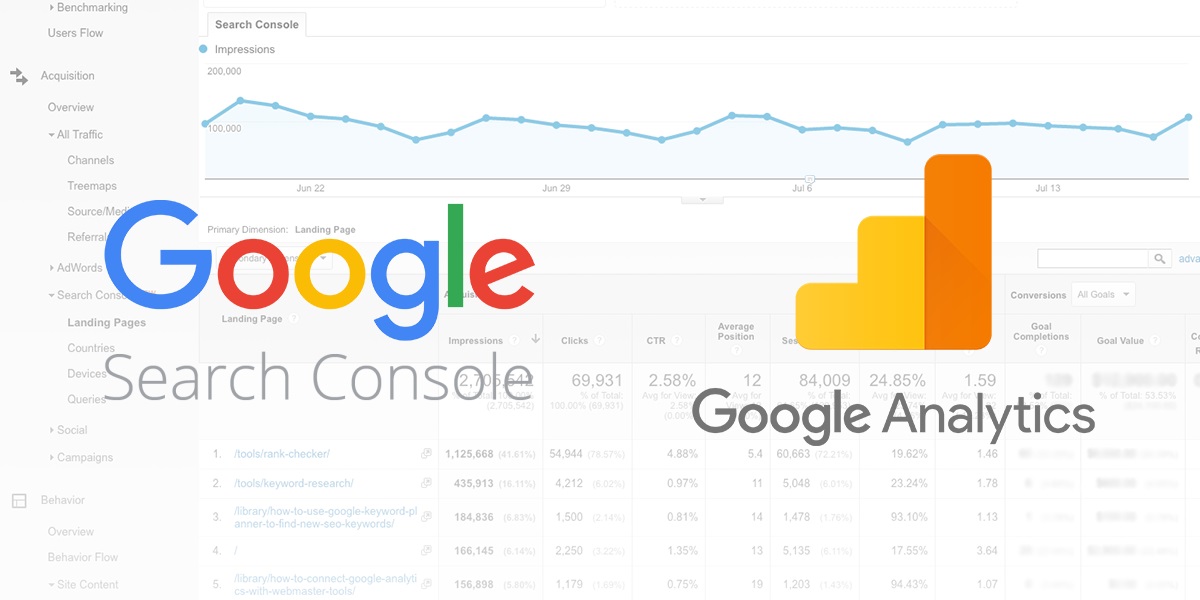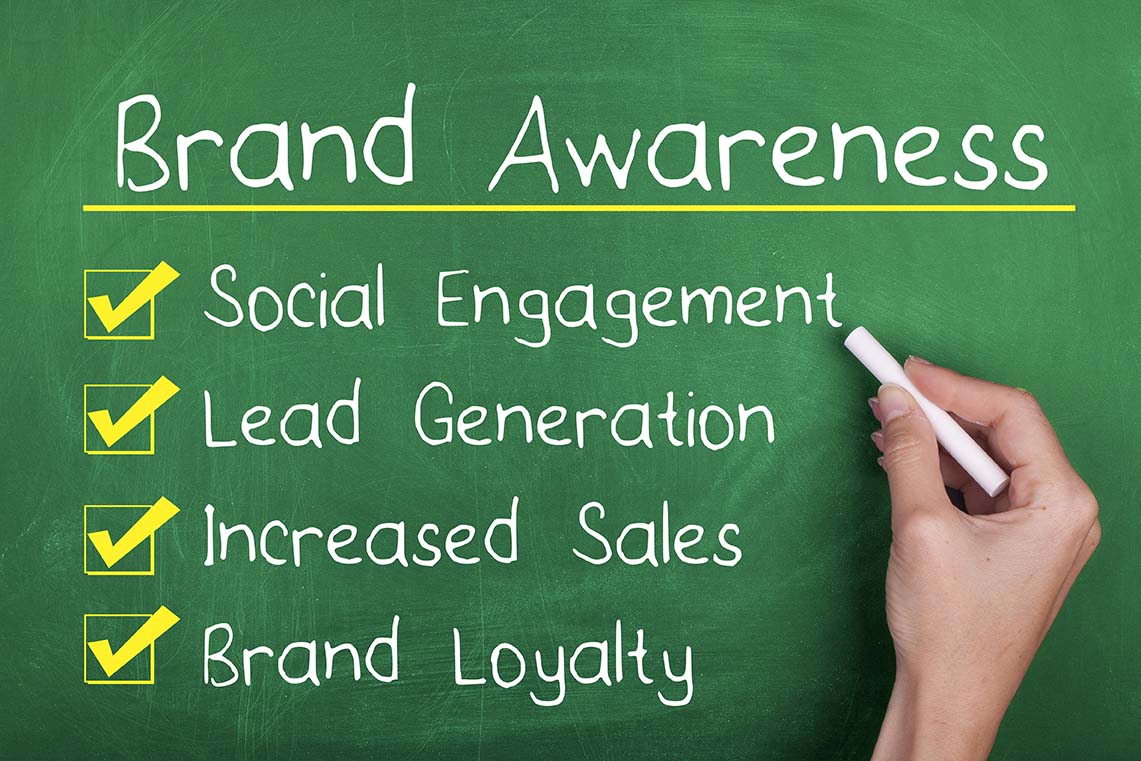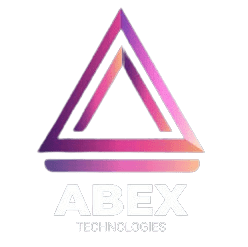Why digital marketing is important now a day
The importance of digital marketing is more than ever in a time when digital technology and online interactions rule the roost. This blog post examines the critical role that digital marketing plays today in modern business plans and discusses the reason why businesses of all sizes and in every field need to use it.
Reach and Accessibility
Digital marketing provides organizations with unmatched accessibility and reach, enabling them to engage with consumers worldwide. Through a variety of online platforms, including websites, social media, and search engines, businesses may reach a wider audience and interact with customers from a wider range of demographics.

Cost-Effectiveness
In the current corporate environment, one of the main advantages of digital marketing is its cost-effectiveness. Digital marketing provides more cost-effective ways to connect and interact with target consumers than conventional marketing techniques like TV or print ads. Businesses might accomplish noteworthy outcomes at a significantly lower expense when utilizing digital channels such as social media, email marketing, and search engine optimization (SEO) in contrast to conventional advertising methods. Because of its affordability, companies of all sizes—including small and medium-sized firms (SMEs)—can more effectively spend their marketing resources and optimize their return on investment (ROI) in order to achieve their marketing objectives.
Measurable Results and Analytics
Analytics and measurable outcomes are essential elements of digital marketing plans. Digital marketing gives companies the capacity to analyze and measure a variety of indicators in real time, unlike traditional marketing techniques. Businesses can track key performance indicators (KPIs) including website traffic, involvement rates, conversion rates, and return on investment (ROI) with the help of advanced analytics tools. With the help of this data-driven strategy, businesses can make wise decisions to enhance their plans and obtain vital insights into the efficacy of their marketing initiatives. Businesses may continuously improve their digital marketing efforts to meet their goals and spur company growth by utilizing quantifiable outcomes and data.

Targeted Advertising
A key component of digital marketing techniques is targeted advertising, which enables companies to customize their messaging to appeal to particular groups of people with particular interests and lifestyles. Businesses may precisely reach their intended audience by utilizing the advanced targeting capabilities available on digital platforms like social media, search engines, and display advertising networks. Businesses may produce customized and pertinent content that connects with their audience and increases engagement and conversion rates by segmenting their target audience based on factors like age, gender, location, interests, and online behavior. By choosing the most pertinent audience segments, this customized approach helps firms maximize their advertising budgets and improve the success of their marketing initiatives.
Brand Awareness and Credibility
Credibility and brand awareness are essential components of internet marketing tactics. Businesses can increase brand recognition and awareness within their target audience by delivering consistent and captivating storytelling, interesting content, and interactive experiences. In a congested market, businesses can increase brand awareness and stand out by building a strong online presence across several digital platforms including social media, websites, and online reviews. Good customer experiences, endorsements, and reviews all help to build credibility and trust, which in turn promotes brand advocacy and loyalty. This improved reputation fosters relationships with current clients and draws in new ones, which promotes long-term economic success.

Adaptability and Flexibility
In the fast-paced corporate world of today, digital marketing tactics must be flexible and adaptable. Digital marketing campaigns may be introduced fast and modified in real-time in response to changing trends and insights, in contrast to traditional marketing techniques that frequently call for substantial planning and lead times. Businesses can react quickly to shifting consumer preferences, market dynamics, and competitive challenges because to this agility. Businesses may take advantage of new possibilities, proactively handle problems, and preserve a competitive edge in the rapidly changing digital market by remaining flexible and nimble.






